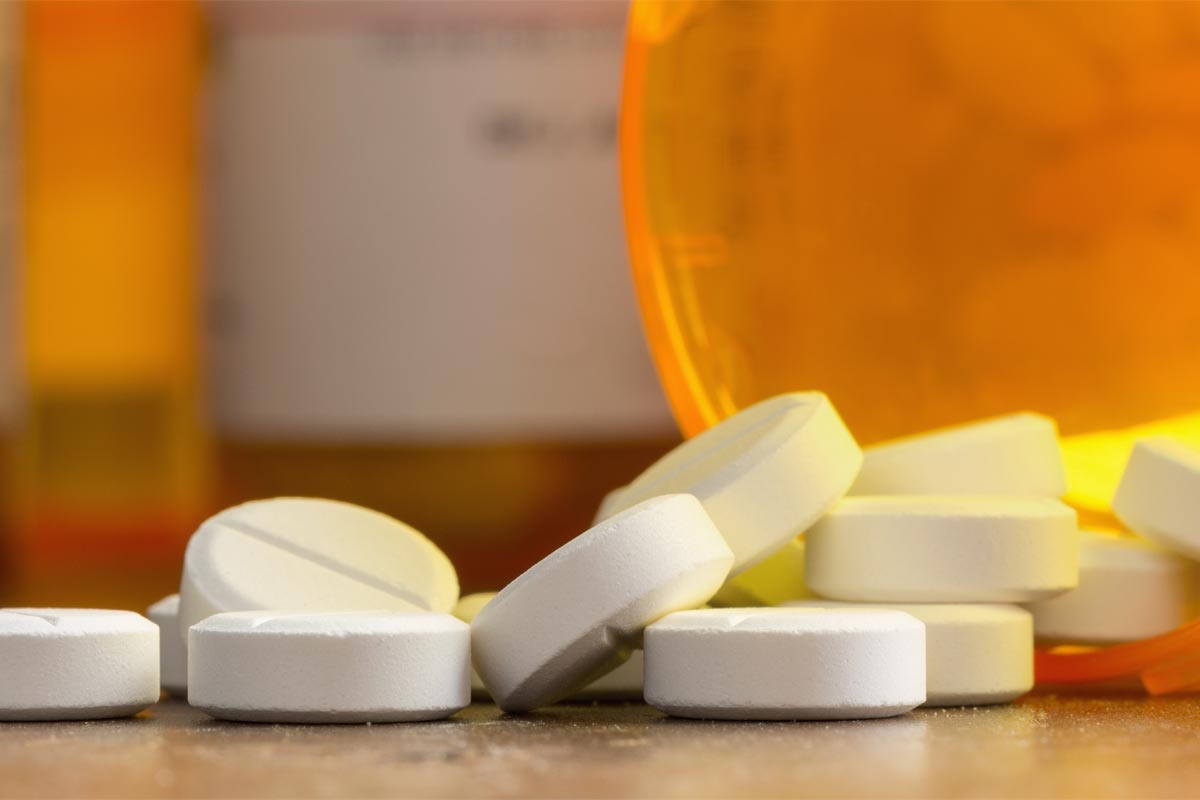disease that is trying kill you. On the other hand, those who work a program live by a code of honesty. No matter what, even when …
Addiction and Mental Illness Help for the Homeless
Thus, allowing them to get back on their feet while they are learning to live a life in recovery. There are others, though, whose …
Continue Reading about Addiction and Mental Illness Help for the Homeless
Self-Medicating Toward Addiction
co-occurring mental health disorders. Often referred to as having a dual diagnosis. Anyone working in the field knows firsthand …
Addiction Stigma In The Language
people suffering from addiction made an initial choice to try a substance. But what followed for those predisposed to the disease …










